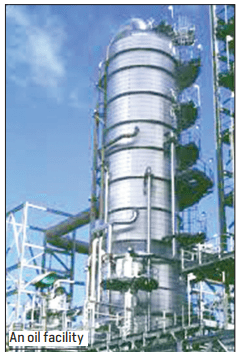A Federal High Court in Warri, Delta State, has reserved judgement in a constitutional case that could reshape the legal framework governing Nigeria’s oil-producing communities.
The case filed by the Centre for Human Rights and Anti-Corruption Crusade (CHURAC) targets two controversial provisions, Sections 257(2) and (3) of the Petroleum Industry Act (PIA) of 2021.
These sections hold host communities accountable for acts of vandalism, sabotage, or unrest that damage oil facilities. Justice Hyeladzira Nganjiwa, who presided over the hearing, announced that the judgement date would be communicated to the involved parties.
Listed as defendants in the suit are; the Attorney General of the Federation, the Senate President and the Speaker of the House of Representatives.
During the last court session, CHURAC’s counsel, B. E. Oghenekaro, urged the court to strike down the contested sections, arguing that they violate the Nigerian Constitution—particularly Sections 36 and 42, which guarantee fair hearing, the presumption of innocence, and protection against discrimination.
Legal representatives for the AGF and Senate President also adopted their final written arguments. Notably, there was norepresentation for the Speaker of the House.
CHURAC strongly contended that the PIA provisions impose collective punishment without trial, likening them to a “bill of attainder”—a prohibited legislative act that bypasses judicial process.
The group also criticized the Act’s revenue allocation formula, which gives only 3 per cent of oil companies’ operational expenses to host communities, but dedicates 30 per cent of NNPC Limited’s profit to frontier oil exploration. The group is seeking a declaration that Sections 257(2) and (3) are unconstitutional and invalid.
Besides, it is seeking an order for the PIA to be amended, allocating at least 10 per cent of NNPC profits to host communities. It further wants the court to hold that the current setup discriminates against oil-producing regions and as such host communities cannot be punished without due process.















